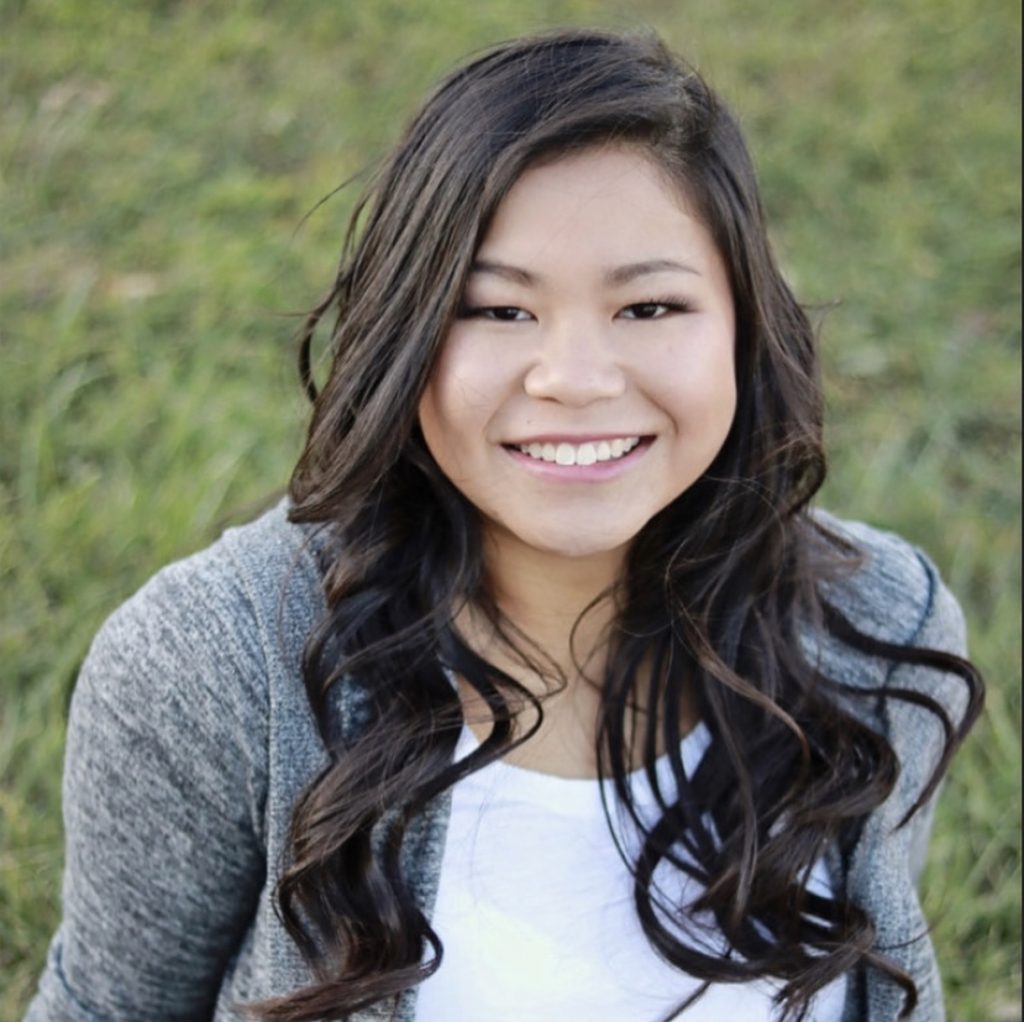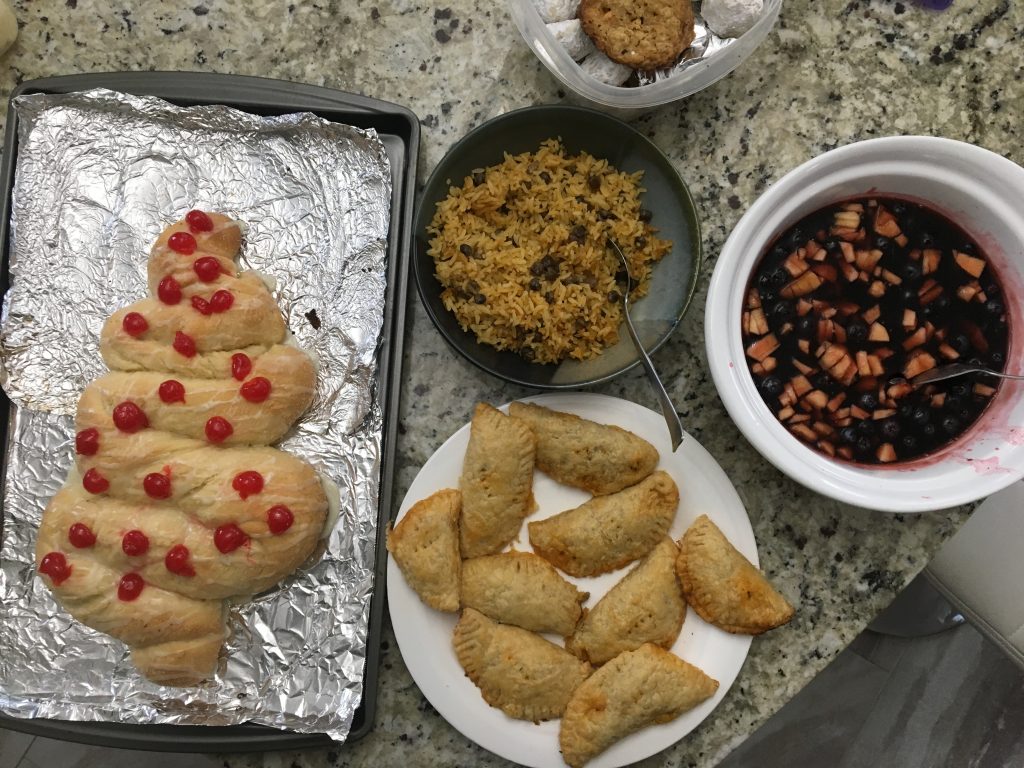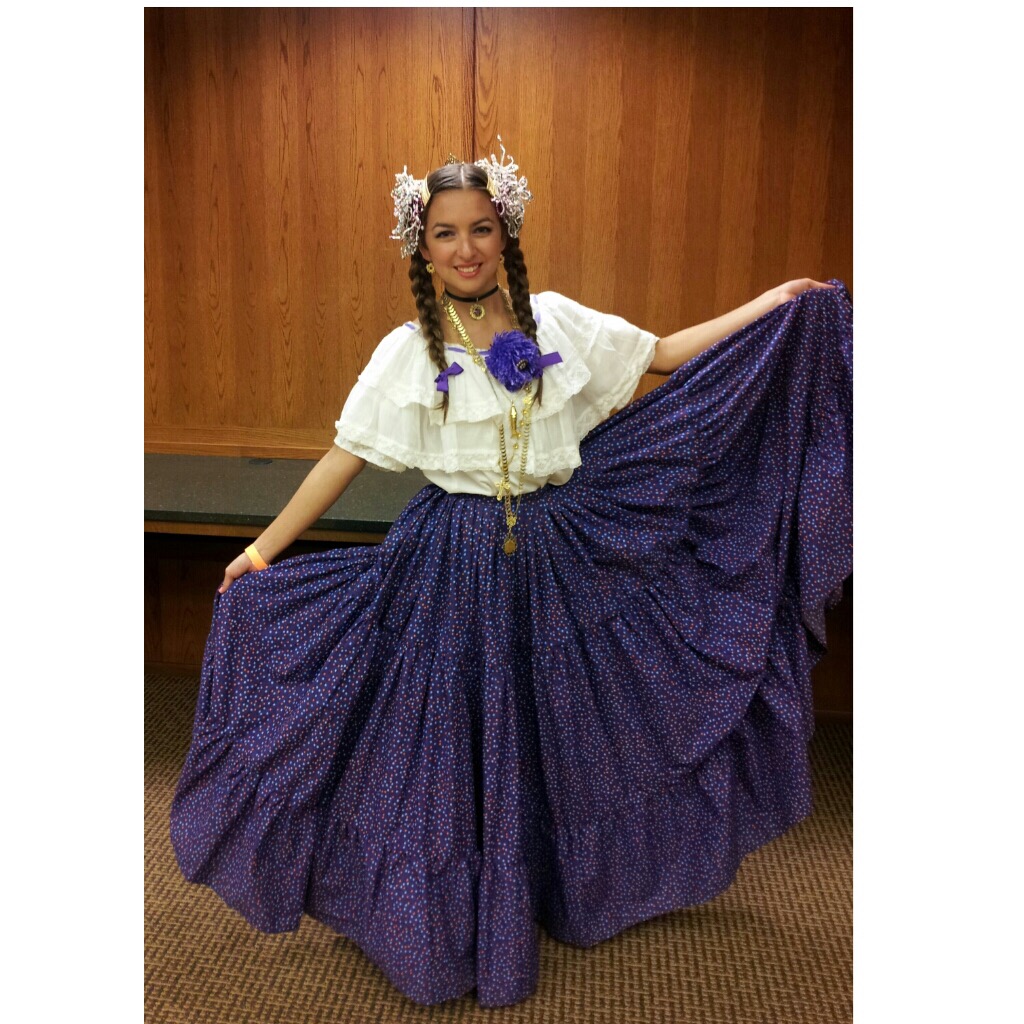
I am a Freshman at UMKC. One day, we were told we had to interview someone who was different than ourself. The difference could be several different things including race, religion, etc. I instantly thought about my friend Margaret, who I call Maggie. We are very close, however, she is different than me in many ways. I chose Maggie not only because she is my friend, but because I admire everything about her. She is easily one of the strongest people I know, despite not being what everyone expects her to be. During our interview, I asked Maggie to tell a little bit about herself, “My name is Margaret Phillips [gestures toward self] and I was adopted from China when I was 11 months old uh—I grew up in a small town called Braymer, Missouri. Umm—I have four older brothers and my mom. My dad passed away when I was 13” (00:07). As the interview went on, I learned things about Maggie I had not known before including her love for sports. “Yes—with the sports I played which were softball, basketball, and track I kinda felt like the underdog” (08:23). Now anyone who doesn’t know Maggie personally might be wondering why she feels like, as she says, an underdog compared to her teammates. “They wouldn’t expect someone who looks like me to be very good at all, but it was nice because then I could show everyone how good I was they would be like “what?” and oh yeah it doesn’t help at all that I’m only 5 feet tall [smiles]” (08:40). I asked Maggie to describe herself a little more for those who don’t know her and she said, “Yeah, I’m 5’1” and Asian and very much a tomboy.”
After interviewing Maggie, I realized the struggles she has to go through in everyday life. This only made me admire her more. While interviewing Maggie, it was clear to me that she could rise above the looks, whispers, and judgments of those around her. Eventually, I had to ask her, “Were there any times you have ever wished you could change specifically just the way you look?” and not surprisingly, she answered, “No.” In a later question, I asked if she ever considered what her life would be like if she didn’t have her difference. Maggie made it very clear that she has thought about things like this before because, who hasn’t? At the end of the day, she very much loves her life. It is clear to me that what other people, including myself, may see as struggles, Maggie only sees these obstacles as learning and growing experiences. Throughout the interview I wanted to get some personal experiences from Maggie, to see the world through her eyes. So, I asked, “…can you describe a specific incident where you felt out of place or different because of your difference?” (04:44) and so she did, “Umm [looks away]—it’s hard for me to live up to people’s standards of me [slightly moves in seat] because I am Asian I feel like people only see my looks and I feel like I should act or be a certain way [shakes head] so, for example, just yesterday I went to an Eric Church concert with my brothers and, I don’t know why [shrugs shoulders], but I felt very out of place” (05:03). This is the type of example of an everyday obstacle for Maggie. You might wonder why, why did she feel out of place? It’s just a concert, isn’t it? Well, I wondered the same thing. So, I asked her. She told me this, “Idk—I guess because it was mainly white people [looks up] and I love country music [gestures towards self] and Eric Church but [moves hand] I guess because stereotypes make it seem like specific [air quotes] types of music are targeted for certain types of people” (05:33). It’s hard to think that just because someone doesn’t look or act like everyone else they could feel so out of place.
“You always hear people say oh [air quotes] Asians are good at math.” (16:33). Throughout the interview, our conversation would stem off into new conversation until we had a whole tree of topics we were talking about. One that I realize we mentioned a lot was stereotypes. We went into a full conversation talking about just being ourselves. As I am telling everyone reading this, I told Maggie, “I really like that aspect about you, it’s very admirable” (19:27). And just then Maggie said something, “Thank you, that really means a lot to me because I try so hard to just be myself in everyday life and like we were talking about earlier I try to stray away from stereotypes and just be myself because I refuse to let a stereotype define who I am” (19:33). I began to think about what it must be like to always have people instantly assume something about you before they have even said one word to you. It’s not fair and I believe everyone should take a page from Maggie’s book and not let what other people say who she really is.
If there’s one thing I learned throughout this assignment, it’s that family is so important. Especially to Maggie Phillips. “Yeah sure so my family has always supported me through everything. I think they realize it can be a little difficult for me because of my difference and because of that they’re super supportive in all aspects of my life; school, sports, and just everyday life. They really encourage me to be the best I can be” (07:53). It’s clear to me she loves her family with all of her heart. But as you now know, Maggie was adopted at a very young age, 11 months. I wanted to know her stance on this sensitive topic. So, I asked her “Do you ever find yourself wanting to learn more about your own personal culture since you did grow up with a white family with white customs?” (09:24). Maggie’s answer was a bit shocking to me. She said, “No, not really because— I’ve tasted genuine Chinese food and I absolutely hated it. My number one thing about culture is that the food has to taste good and it also could be because I did grow up here, so I’m just not used to the food but the American greasy food is probably the best food I’ll ever taste so no, I don’t have any desire to learn any more about my heritage” (09:46). I thought this was a very sweet idea but didn’t answer what I really wanted to know. So, to continue the question, I asked Maggie, “Do you ever want to meet your real parents and learn about their lifestyle?” (10:15) Her answer was truly heartwarming, “No, because all I see them as are sperm and egg donors and my real parents are the ones that raised me and loved me and have supported me throughout my life” (10:24). At this point in time, I knew without a doubt that family was a key aspect of Maggie’s life.
After spending nearly half an hour with Maggie, I feel like I truly got a look inside of her world into her everyday life. It’s not always rainbows and sunshine, but I can tell that Maggie isn’t one to give up. She inspires me to ignore the stares, whispers, and, of course, the stereotypes. Despite our differences, we’re all just people.







